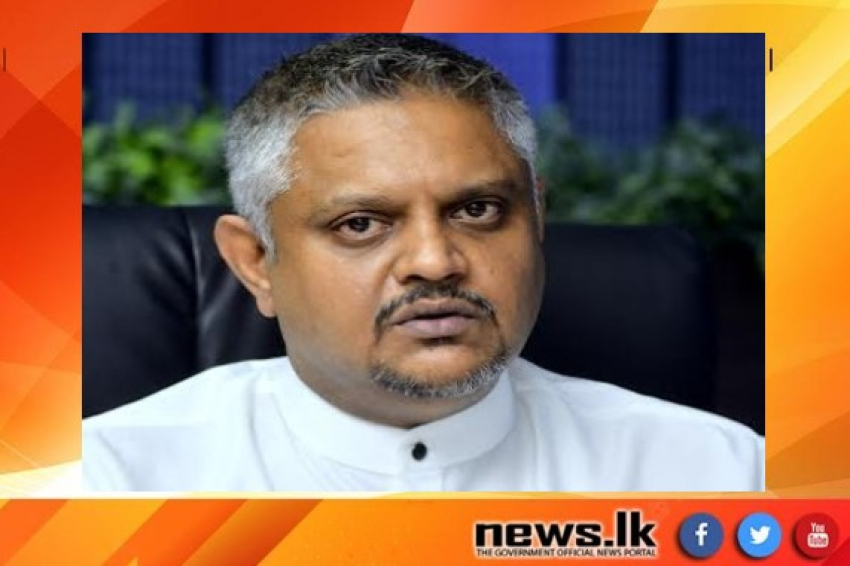The Minister's call to action was made during the monthly progress review meeting of the Ministry of Technology. It has been acknowledged that many government institutions lack the technical facilities needed for the public to make electronic payments using digital technology. The current practice of issuing handwritten receipts for cash transactions is both time-consuming and informal, making the development of electronic payment facilities a priority. The 2023 budget has proposed to implement this project under the Ministry of Technology and it will be mandatory for all payments and collections in the public sector to be made electronically.
According to the Director (Development) of the Ministry of Technology, Mr. Janaka Sampath Geekianage, the government will take proactive measures to address the technical limitations faced by government institutions in implementing electronic payments. Effective measures will be taken in the coming month of July to provide technical guidance and instructions to all relevant institutions.
A committee consisting of high-level representatives from key government organizations, including the Ministry of Finance, the Ministry of Technology, and the Ministry of Public Administration, has been established to oversee this initiative. The committee has already taken steps to prepare necessary plans, make decisions, and provide the technical guidance required to ensure the successful implementation of electronic payments in government institutions.
The Ministry of Technology is also taking steps to inform the public about this program and expand the existing electronic payment system currently in operation in the private sector and limited public sector institutions. Vehicle license fees, birth, marriage, and death certificates can already be obtained through electronic payments and the Ministry of Technology aims to expand this service further. State Minister Mr. Kanaka Herath highlights that this development is aimed at providing greater convenience for citizens and streamlining the process of accessing government services. By allowing for remote access, it eliminates the need for in-person visits to government institutions, saving time and effort for citizens. Additionally, the implementation of electronic payments is expected to reduce financial irregularities and corruption by conducting all transactions in a secure and transparent manner.
The state minister emphasized the importance of encouraging citizens to make use of these electronic payment facilities and making the required payments to government institutions through these digital means.
The State Minister of Technology, Mr. Kanaka Herath, has announced the Ministry's ambition to convert all public sector transactions in Sri Lanka to electronic payments as part of its effort to establish a digital economy. The Secretary of the Ministry of Technology, Professor Neranjan Gunawardena, confirmed that all necessary steps will be taken to officially launch this initiative by September of the current year and to fully implement it in all government institutions by March 1, 2024.




















